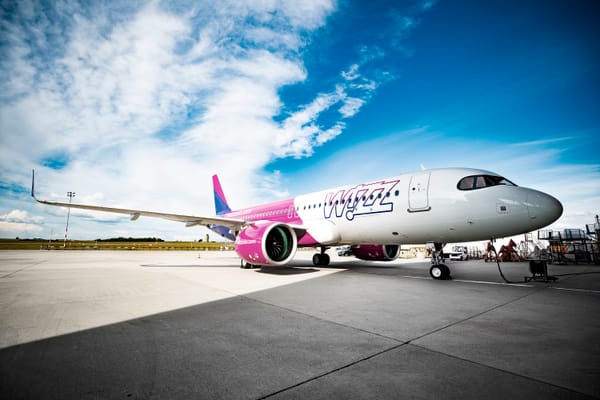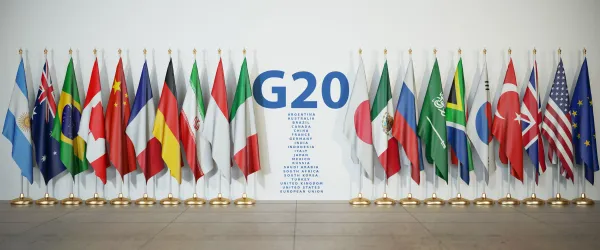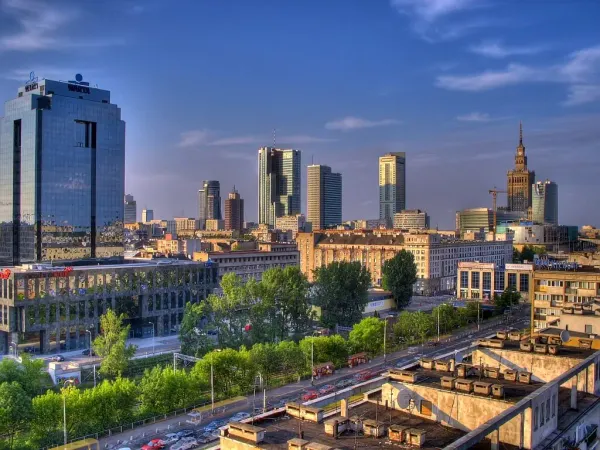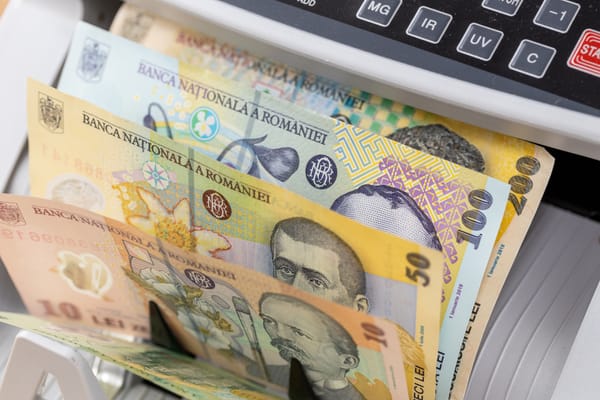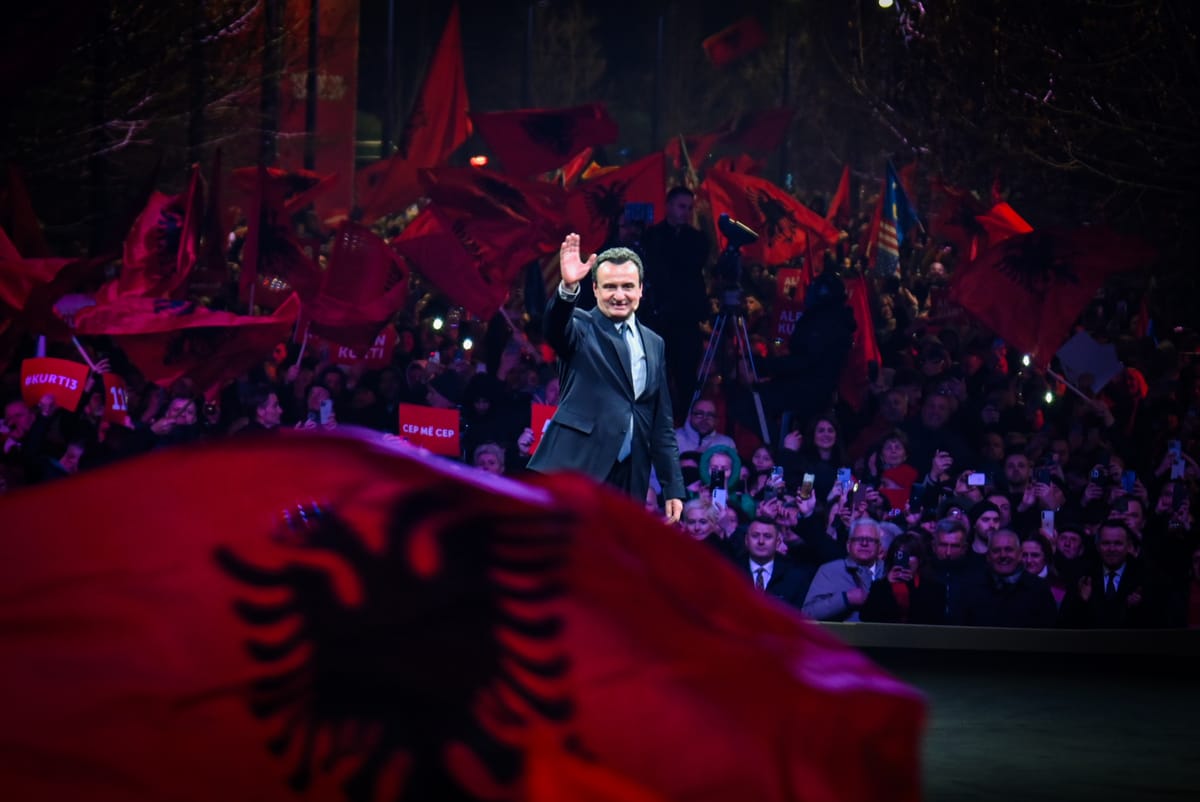
Kosovo PM wins election but loses majority
Kosovo’s parliamentary elections saw Kosovan Prime Minister Albin Kurti’s ruling centre-left Vetevendosje (self-determination) party win the most seats but fall short of a majority, on Sunday, 9 February.
Kurti’s party garnered around 40% of the votes, down from 50% in 2021, exit polls suggested. He wrote on Facebook: “Kurti government number three – coming soon.” The returning prime minister also told reporters “our winning coalition will form the new government: our victory is a vote of confidence in our good and democratic governance.”
With most of the polling stations counted, the Democratic Party of Kosovo (PDK) was polling 22.7%, the Democratic League of Kosovo (LDK) is on 17.9%, and the Alliance for the Future of Kosovo (AAK) has 7.6%.
With Vetevendosje! set to lead a coalition government, the upcoming negotiations will shape Kosovo’s policies on its stagnating economy, Serbian relations, and engagement with Western allies.
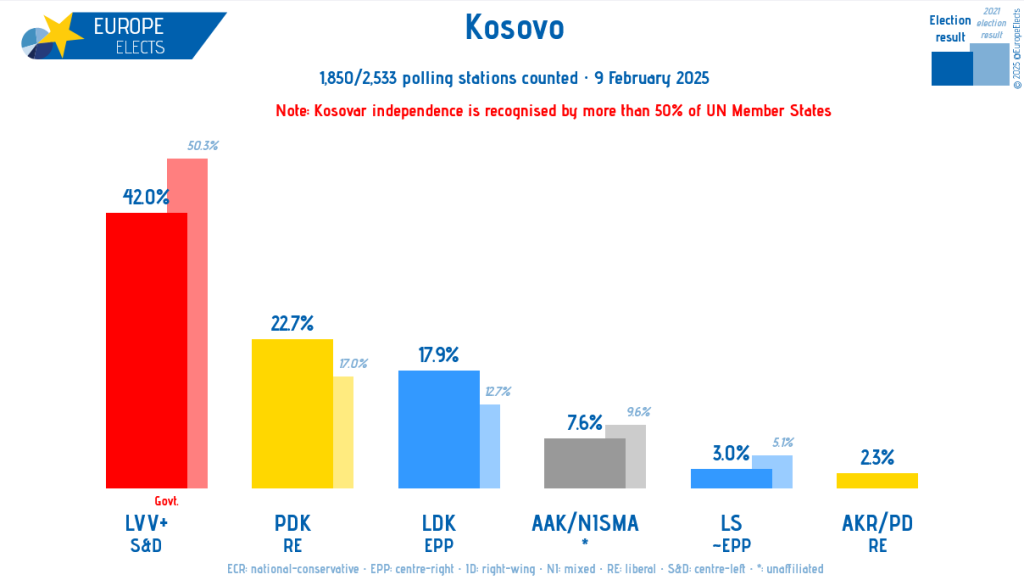
Election fought on economy, FDI, Serbian relations
Economic challenges were front and centre during the election period, with Kosovo’s high unemployment rate, inflation, and stalled foreign direct investment (FDI) contributing to public frustration. Despite Vetevendosje!’s promises of wage and pension increases, the opposition criticised Kurti’s government for failing to secure sustainable economic growth.
Kurti, in power since 2021 after ruling briefly in 2020, has scored some victories: unemployment has fallen from 30% to around 10%, the minimum wage has been hiked, and Kosovo’s economy grew faster than the Western Balkans average in 2024.
Tensions with Serbia remain. The Kurti government’s uncompromising stance on independence has led to tensions with Serbia, the EU, and the US, as the latter two countries pushed for de-escalation, particularly in Serb-majority northern Kosovo. The dispute has held the interest of its northern neighbours too: reportedly one reason why the Kosovo election commission’s website crashed on Sunday was the large number of people accessing from Belgrade.
Serbia still rejects Kosovo recognition
After years of strained relations between Kosovo’s mainly ethnic Albanian and Serb inhabitants that followed a 78-day NATO bombing campaign against Serbian forces in 1999, Kosovo declared independence from Serbia in 2008.
Serbia has never recognised Kosovo’s independence, however, and continues to deem it the Autonomous Province of Kosovo and Metohija. Despite this, both parties engaged in dialogue facilitated by the EU, leading to the 2013 Brussels Agreement that contained provisions for integrating Serb-majority municipalities into Kosovo’s legal framework.
Centre-right parties the PDK and the LDK, which campaigned on joining NATO, campaigned for a more pragmatic approach to relations with Serbia and the West, positioning themselves as alternatives to Kurti’s leadership.
The PDK was founded by former Kosovo Liberation Army fighters. Deputy PDK leader Vlora Citaku said “We await the results, but already have reasons to be optimistic.” The two parties’ roles in coalition talks could determine the next Kurti government’s diplomatic path.
International intervention brought limited impact
In 2020, under US mediation, Serbia and Kosovo agreed to normalise economic relations, including freer transit and infrastructure projects. However, disputes over vehicle license plates and the status of Serb-majority municipalities led to civil unrest. In 2023, both parties signed a normalisation agreement in EU-mediated dialogue.
Since then, Kosovo’s authorities have closed parallel Serbia-funded institutions run by the ethnic Serb minority. The EU condemned this, emphasising dialogue and suspended at least EUR 150mn in financial aid. Sunday’s election result raises questions about the next Kurti government’s approach.
International observers have called for a swift formation of government to avoid prolonged instability, as deadlock could deepen public discontent, delay reforms and slow foreign investment.
Turnout was 40.59% with 92% of the votes counted, down around 8 percentage points from 2021. However, the official results were not fully clear early Monday, due to the failure of the Central Election Commission’s counting system. Kosovo President Vjosa Osmani urged the body to “protect the integrity of the electoral process”.


